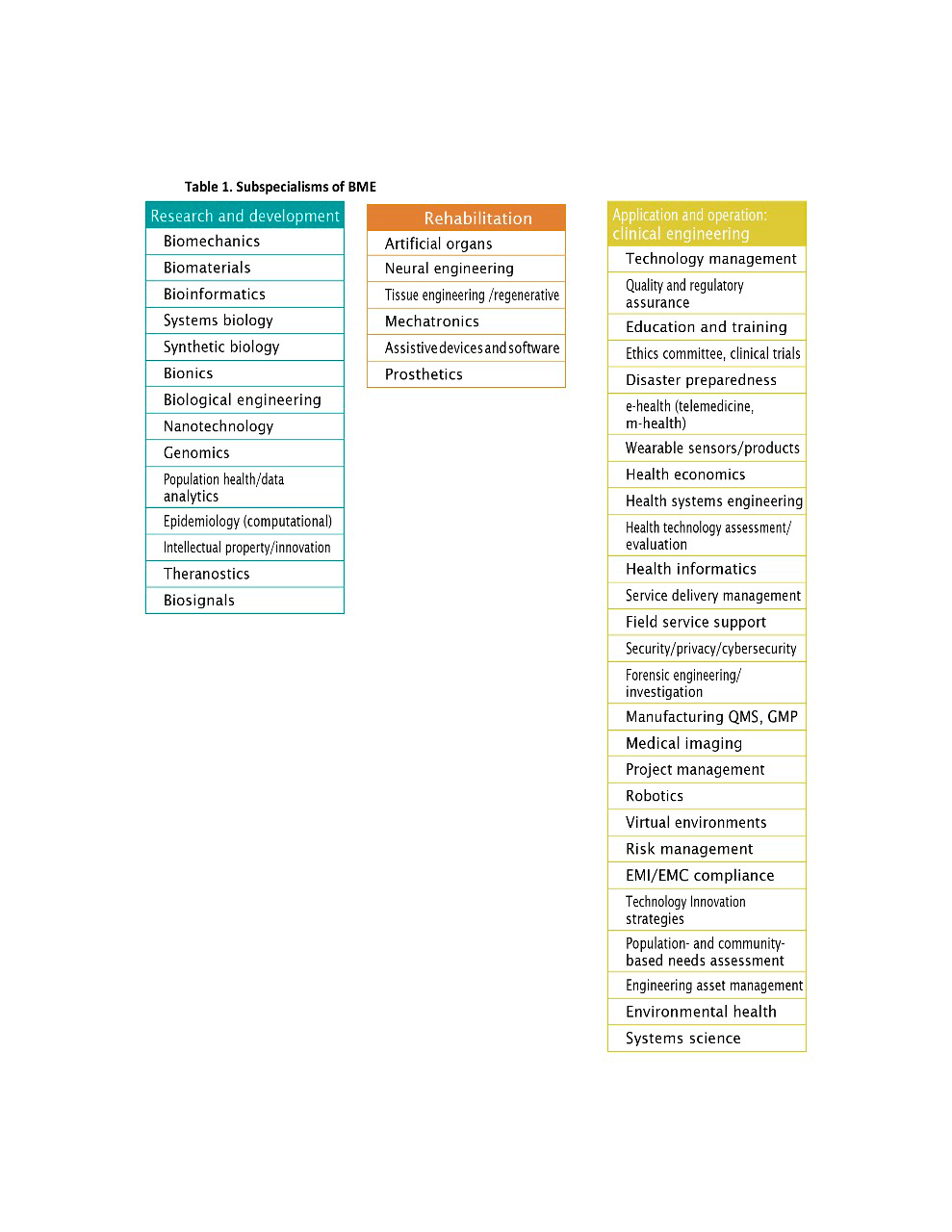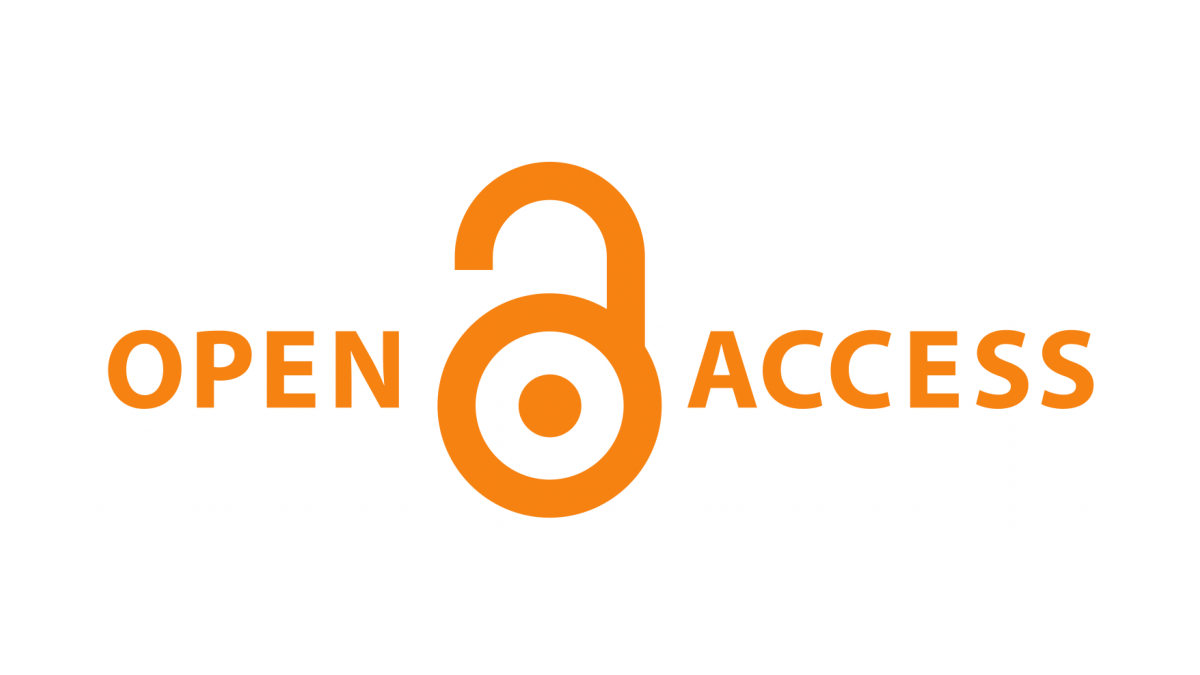Revisores
Principios para la revisión por pares
La revisión por pares es uno de los elementos más importantes y críticos para la publicación de trabajos científicos, este debe asegurar la excelencia de las investigaciones publicadas por la Revista Mexicana de Ingeniería Biomédica (RMIB).
El manuscrito enviado siempre se considera un documento confidencial. Por lo tanto, nadie está autorizado a compartir el manuscrito sin el permiso explícito del Editor en Jefe, quien deberá solicitar el permiso de los autores, si es necesario.
Para una revisión de calidad, al menos dos árbitros son consultados y su identidad no será revelada. Los comentarios y recomendaciones de los revisores deben ser compartidos solo con los autores, posiblemente con otros revisores y el Comité editorial de la RMIB.
Nuestros revisores deben de tener en cuenta los siguientes puntos antes de aceptar revisar un artículo:
- ¿Estoy calificado para evaluar el artículo?, caso contrario, favor de informar al editor lo antes posible
- ¿Puedo enviar la evaluación antes de la fecha límite establecida por el comité editorial de la RMIB? ?, caso contrario, favor de informar al editor lo antes posible
- ¿Existe algún conflicto de intereses al momento de revisar el artículo? Por ejemplo: el artículo es de algún colega o usted es co-autor del artículo.
Revisión de un artículo en la plataforma
La Revista Mexicana de Ingeniería Biomédica usa la plataforma OJS para el sometimiento y revisión de artículos.
Usted debe de iniciar sesión en el OJS de la RMIB. Si usted aún no está registrado, se puede registrar aquí y seguir las instrucciones. Una vez registrado por favor de complementar la sección de “perfil” la cual consta de seis secciones. Esta información nos ayudará a seleccionar con mayor facilidad los artículos que puede revisar.

En caso de tener algún problema con su cuenta, por favor envíe un correo a rmib.somib@gmail.com
La revisión de un artículo es un proceso confidencial. Por lo tanto, el manuscrito no puede ser revelado. Si usted considera necesario conocer la opinión de otros colegas para ayudarle con la revisión del artículo, favor de solicitar el permiso al comité editorial de la RMIB.
Para la revisión del manuscrito debe de tener en cuenta los siguientes aspectos:
- Relevancia respecto a la temática central de la revista: ¿El manuscrito aborda alguna de las especialidades de la ingeniería biomédica?
- Originalidad: ¿El artículo contribuye al conocimiento en el campo? ¿Se han publicado los resultados informados en el artículo en otro lugar?
- Relevancia: ¿Es suficientemente nuevo e interesante para garantizar la publicación? ¿Responde a alguna importante pregunta de la investigación?
- Organización y estructura: ¿El manuscrito se adhiere a todas las directrices de formato de la RMIB?
- Idioma: ¿Es el lenguaje claro e inequívoco?
- Resumen: ¿Refleja el trabajo expuesto en el texto principal? Contiene los siguientes criterios: Objetivo de la investigación, metodología, resultados, implicaciones, originalidad y conclusiones.
- Definición del problema: En la introducción ¿tiene suficiente información con respecto al problema que se desea resolver?
- Metodología: ¿El manuscrito tiene suficiente información sobre los experimentos? ¿Hay suficiente información para que el trabajo pueda ser reproducido? ¿Se explica la metodología con el rigor científico necesario, asegurando que los resultados sean significativos y defendibles?
- Resultados: ¿Explican los autores los resultados y los descubrimientos obtenidos a partir de la metodología aplicada? ¿Es correcto el análisis estadístico aplicado? ¿La discusión de los resultados está apoyada por otros artículos científicos?
- Conclusión: ¿Resume las principales contribuciones científicas del manuscrito?
- Referencias: ¿Son apoyadas y suficientes para apoyar la discusión?
- Otros aspectos: ¿el manuscrito contiene suficiente información para apoyar la discusión, especialmente si el trabajo se basa en investigaciones anteriores? ¿Existe alguna información importante, o referencias de artículos clave, que los autores han omitido? ¿Las figuras, tablas, diagramas e imágenes presentadas en el artículo son claras, legibles y consistentes?
ASPECTOS ÉTICOS
- Plagio: Aunque el objetivo de la revisión por pares no es detectar el plagio, si usted sospecha que el artículo contiene parte sustanciales de otras obras, favor de comunicarse con el editor en jefe, proporcionando la mayor información posible.
- Fraude: Si usted sospecha que los resultados del trabajo no son del todo correctos, favor de informar al editor en jefe proporcionando la mayor información posible.
- Investigaciones que involucran seres humanos o animales: ¿Existe un protocolo aprobado por un comité de ética acreditado? La información sobre las personas involucradas en la investigación (voluntarios/pacientes) se mantiene confidencial o se ha publicado con su permiso explícito.
ENVÍO DE DICTAMEN AL EDITOR
La RMIB utiliza un formulario electrónico dentro de la plataforma OJS, el cual será habilitado una vez que usted acepte ser revisor de algún artículo. Dicho formulario consta de 5 secciones, las primeras 4 secciones están conformadas de preguntas que deberá responder de forma clara y concisa, teniendo en cuenta los aspectos importantes mencionados anteriormente. Sin embargo, en la última sección usted podrá profundizar y ampliar su revisión colocando recomendaciones para los autores, es importante que deje en claro que si sus comentarios reflejan una opinión personal o se basan en otros trabajos publicados. Además, recuerde que las revisiones deben de ser constructivas y corteses, respetando siempre la independencia intelectual del autor. Los revisores deben de evitar comentarios personales, la RMIB se reserva el derecho de corregir los comentarios que puedan obstaculizar la discusión constructiva de los manuscritos.
Por último, usted deberá de seleccionar un dictamen final:
- Aceptado
- Revisión menor
- Revisión mayor
- Rechazado







